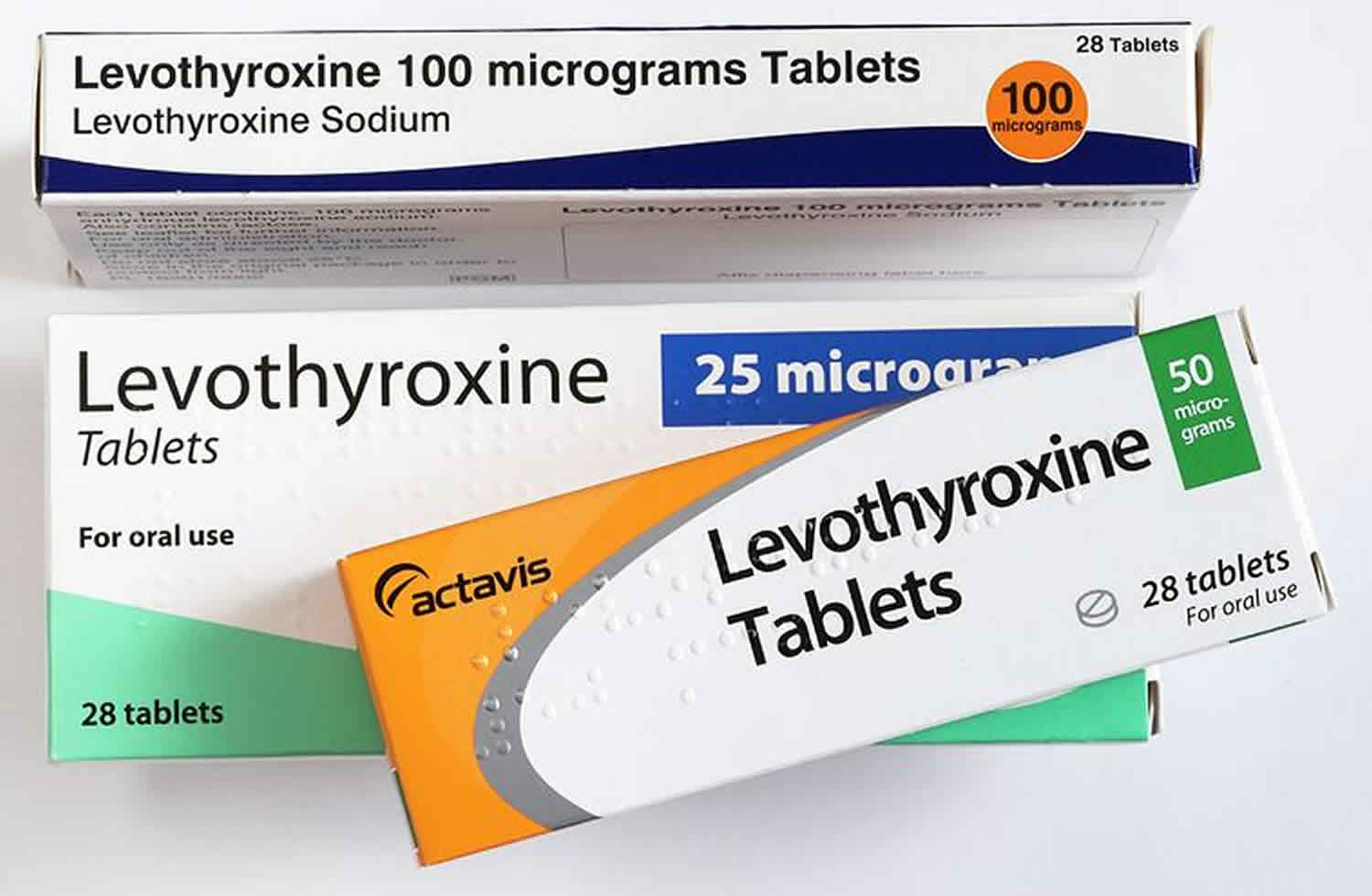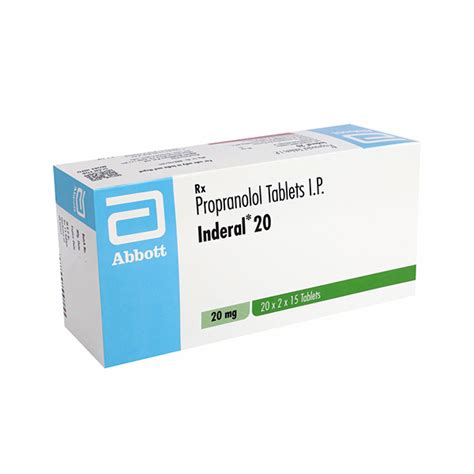Levothyroxine: Minimize Risks With Proper Guidance

The nuances of levothyroxine therapy warrant a comprehensive understanding, not only for healthcare providers but also for patients who rely on this medication to manage their thyroid conditions. Levothyroxine, a synthetic form of the thyroid hormone thyroxine (T4), is prescribed to treat hypothyroidism, a condition where the thyroid gland does not produce enough thyroid hormone. This hormone plays a critical role in regulating metabolism, energy generation, and overall metabolic health. The goal of levothyroxine treatment is to replenish the thyroid hormone to normal levels, thereby alleviating symptoms of hypothyroidism and preventing complications associated with untreated or undertreated hypothyroidism.
Understanding Levothyroxine
Levothyroxine works by replacing the missing thyroid hormone in the body. After ingestion, it is absorbed into the bloodstream, where it is converted into its active form, triiodothyronine (T3), which then binds to thyroid hormone receptors in various tissues, influencing metabolic pathways. The effectiveness of levothyroxine can be influenced by several factors, including the patient’s age, other medications they are taking, and the presence of gastrointestinal disorders that may affect drug absorption.
Dosing and Administration
Proper dosing of levothyroxine is critical to minimize risks and maximize therapeutic benefits. The dosage is tailored to the individual, taking into account their weight, age, and the severity of their hypothyroidism. It’s essential to follow the prescribed dosage and administration instructions closely. Levothyroxine should be taken on an empty stomach, preferably 30 minutes to 1 hour before breakfast, to maximize absorption. Foods and beverages, especially those high in calcium, iron, and fiber, can interfere with levothyroxine absorption, and thus, should be avoided for a couple of hours after taking the medication.
Monitoring Therapy
Regular monitoring of thyroid function tests (TFTs), including TSH (thyroid-stimulating hormone) and free T4 levels, is crucial to adjust the dosage of levothyroxine as necessary. The goal is to maintain these hormone levels within the normal range. Over-treatment can lead to symptoms of hyperthyroidism, such as weight loss, anxiety, palpitations, and heat intolerance, while under-treatment may result in persistent symptoms of hypothyroidism, such as fatigue, weight gain, and cold intolerance.
Potential Risks and Side Effects
While levothyroxine is generally well-tolerated, potential risks and side effects must be considered. Side effects are more common with excessive doses and may include headache, nervousness, sleeplessness, and increased appetite. In rare cases, allergic reactions can occur, manifesting as hives, difficulty breathing, and swelling of the face, lips, tongue, or throat. It is essential for patients to report any adverse effects to their healthcare provider promptly.
Interaction with Other Medications
Levothyroxine can interact with a variety of medications, potentially affecting its efficacy or increasing the risk of side effects. For instance, antacids, sucralfate, and iron supplements can decrease the absorption of levothyroxine. Other medications, such as rifampicin and certain anticonvulsants, can increase the metabolism of levothyroxine, requiring dosage adjustments. Patients must inform their healthcare provider about all the medications, vitamins, and supplements they are taking to minimize potential interactions.
Lifestyle Considerations
Lifestyle changes can complement levothyroxine therapy, enhancing its effectiveness and improving overall health. Maintaining a balanced diet rich in fruits, vegetables, and whole grains can support thyroid health. Regular physical activity can help manage weight and improve metabolic health. Stress management techniques, such as yoga or meditation, may also be beneficial, as stress can exacerbate hypothyroidism symptoms.
Future Perspectives and Emerging Trends
The management of hypothyroidism with levothyroxine continues to evolve, with ongoing research exploring new formulations and administration routes to improve bioavailability and reduce variability in drug absorption. Additionally, there is a growing interest in personalized medicine approaches, tailoring the treatment regimen not only to the individual’s thyroid function but also to their genetic profile and other health considerations. As our understanding of thyroid physiology and pathophysiology deepens, we can expect more sophisticated treatment strategies to emerge, potentially offering better outcomes for patients with hypothyroidism.
Conclusion
Levothyroxine is a cornerstone in the treatment of hypothyroidism, offering an effective means to restore normal thyroid hormone levels and alleviate symptoms associated with this condition. However, its therapeutic success relies heavily on proper guidance, including accurate dosing, regular monitoring, and awareness of potential risks and interactions. By working closely with healthcare providers and adopting a proactive approach to their treatment, patients can minimize risks and maximize the benefits of levothyroxine therapy, thereby improving their quality of life.
What is the primary use of levothyroxine?
+Levothyroxine is primarily used to treat hypothyroidism, a condition where the thyroid gland does not produce enough thyroid hormone. It works by replacing the missing thyroid hormone to restore normal levels and alleviate symptoms.
How should levothyroxine be taken for optimal absorption?
+For optimal absorption, levothyroxine should be taken on an empty stomach, preferably 30 minutes to 1 hour before breakfast. Foods, especially those high in calcium, iron, and fiber, should be avoided for a couple of hours after taking the medication to prevent interference with absorption.
What are the potential risks and side effects of levothyroxine?
+Potential risks and side effects of levothyroxine include allergic reactions, headaches, nervousness, sleeplessness, and increased appetite, particularly when doses are excessive. Regular monitoring and reporting any adverse effects to a healthcare provider are essential.
Can levothyroxine interact with other medications?
+Yes, levothyroxine can interact with various medications, potentially affecting its efficacy or increasing the risk of side effects. Examples include antacids, sucralfate, iron supplements, rifampicin, and certain anticonvulsants. It is crucial for patients to inform their healthcare provider about all the medications and supplements they are taking.
How can lifestyle changes support levothyroxine therapy?
+Lifestyle changes such as maintaining a balanced diet rich in fruits, vegetables, and whole grains, engaging in regular physical activity, and practicing stress management techniques can support thyroid health and complement levothyroxine therapy, potentially enhancing its effectiveness and improving overall well-being.


